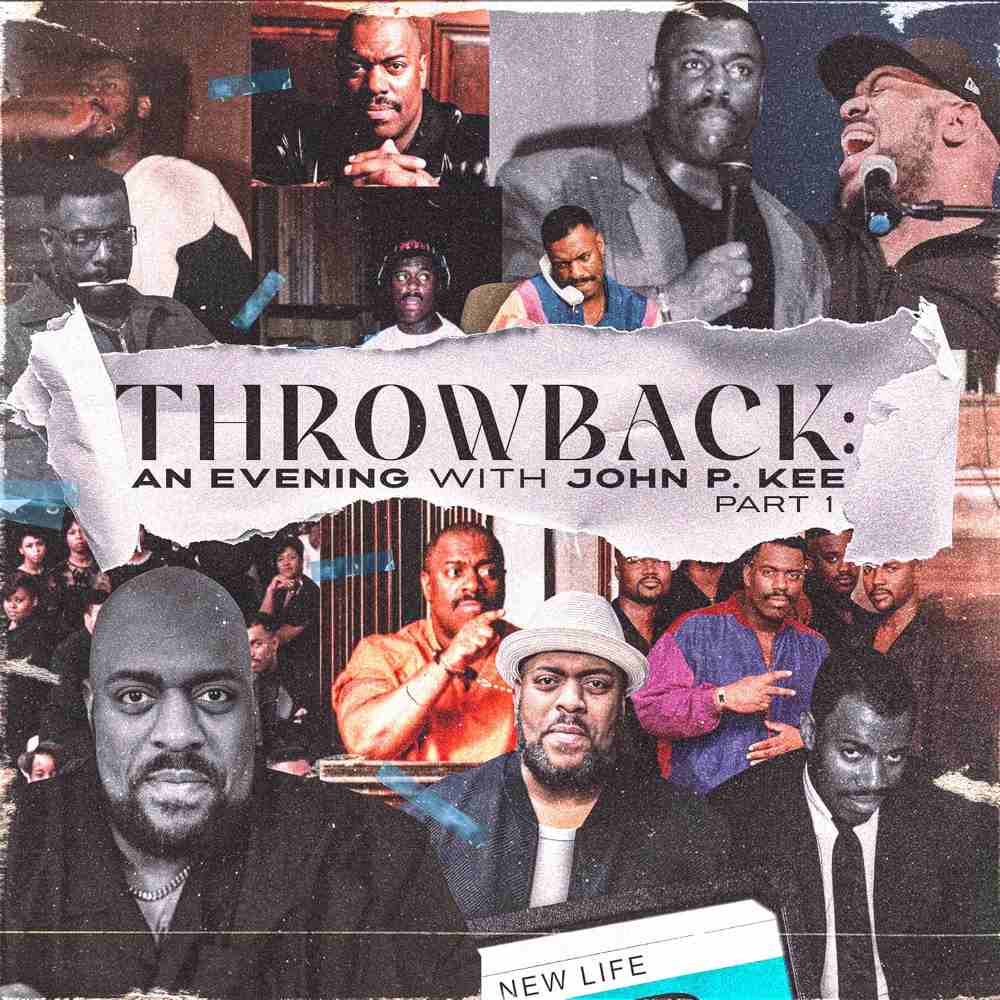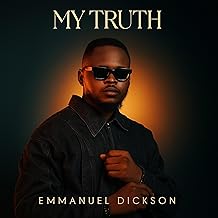 Fannie Lou Hamer
Fannie Lou Hamer
Songs My Mother Taught Me
Smithsonian Folkways Recordings (release date: June 30, 2015)
www.folkways.si.edu
By Bob Marovich
While it took a recent act of domestic terror for the polarizing Confederate flag to begin coming down throughout the South, let us not forget that much of the way was paved more than a half-century ago by such freedom fighters as Fannie Lou Hamer.
Hamer, who died in 1977 at age 59, is renowned for her leadership in the Civil Rights movement and specifically for her work with the Mississippi Freedom Party. Equally well known, albeit a sidebar to her life, was her talent as a religious singer. Fannie Lou Hamer was a powerful activist and a stone singer, and her authenticity in oratory and song moved thousands to action.
It is Hamer’s authenticity that comes through most clearly on Smithsonian Folkways’ Songs My Mother Taught Me. The CD is part of the African American Legacy Series co-produced with the Museum of African American History and Culture. It is a survey of Hamer’s life as told through her singing, oratory, and a 1965 interview with Julius Lester.
What we learn is that singing was as much a part of Hamer’s life as breathing. Born the twentieth child—twentieth!—to a sharecropping family, Hamer shares her early life experiences with Lester and on a limited-edition cassette produced by Dr. Bernice Johnson Reagon. This cassette, also titled Songs My Mother Taught Me, is the source for the a cappella songs sung by Hamer on the Smithsonian Folkways CD.
The most powerful song selections on the album are the aural glimpses of Hamer in action during the headiest days of the Civil Rights movement. Perhaps no cut is as moving and mighty as her rendition of “This Little Light of Mine,” the song that became her theme. The set also includes Hamer leading a mass meeting in the singing of “Certainly Lord” and another Civil Rights classic, “Woke Up This Morning.” Notwithstanding these electrifying moments, an early 1970s recording of Hamer singing “Precious Lord” to members of the Medgar Evers Family is equally captivating. Her take on Dorsey’s gospel is an amalgam of arrangements made popular in the 1950s by Mahalia Jackson and Aretha Franklin.
Yes, Hamer’s singing could motivate groups to embark on life-threatening marches and sit-ins, but so could her oratory. The most compelling track in a collection of stirring selections is “Mass Meeting Speech,” a 1960s recording of Hamer addressing a mass meeting. The wisdom and meter of her message are as effective as those of any licensed preacher.
Fannie Lou Hamer was one of Rev. Dr. Martin Luther King Jr.’s “drum majors for justice.” She employed every tool in her kit on behalf of freedom. One could only imagine how proud she would be today to see those flags coming down, but also how insistent she would be in letting everyone know, in no uncertain terms, that the march to freedom is far from over.
Five of Five Stars
Picks: “This Little Light of Mine,” “Precious Lord.”
Written by : Bob Marovich
Bob Marovich is a gospel music historian, author, and radio host. Founder of Journal of Gospel Music blog (formally The Black Gospel Blog) and producer of the Gospel Memories Radio Show.













 Visit Today : 10
Visit Today : 10 This Month : 255
This Month : 255